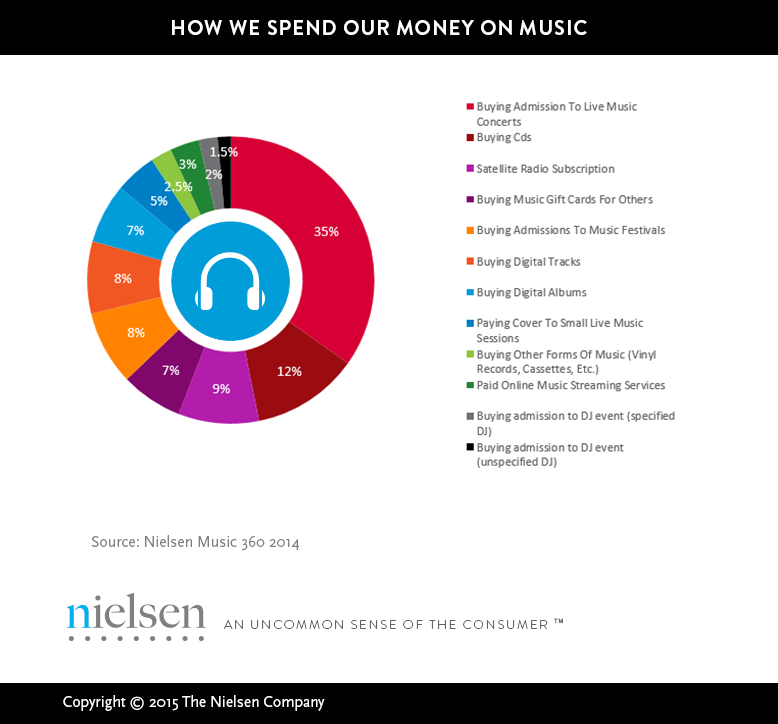Bob Dylan, one of the most iconic singer, songwriters of our era, is cashing in. Today it was announced that Dylan was selling his song library to Universal Music Group for upwards of $200M (some are reporting closer to $300M). With more than 600 songs spanning a career of nearly 60 years, Dylan’s prolific contribution to folk, pop, and rock music is unmatched. You don’t have to take my word for it: Dylan is the only songwriter in history to win a Nobel Prize for Literature, “for having created new poetic expressions within the great American song tradition.”

The massive deal is a great example of why copyright of intellectual property exists. Without copyright protection, Dylan’s musical accomplishments would be worth a mere fraction of its market value. And without the financial incentives provided by copyright protection, artists would be less motivated to create original work.
It does seem counter-intuitive that the counter-culture icon would sell out to a corporate media conglomerate. Universal Music Group is owned by French media oligopoly Vivendi. According to NPR, “[the company] will collect money any time another musician covers any of those songs, and it will earn revenue for allowing the songs to be used in commercials and movies as well as when the songs are streamed, sold commercially on such formats as CDs, or broadcast.” But Dylan has always resisted labels…even the label of non-conformist.
Again according to NPR, citing Universal, “Dylan’s songs have already been recorded by other artists more than 6,000 times, including such famous versions as Jimi Hendrix’s cover of ‘All Along the Watchtower‘ and Guns N’ Roses’ version of ‘Knockin’ on Heaven’s Door.‘”

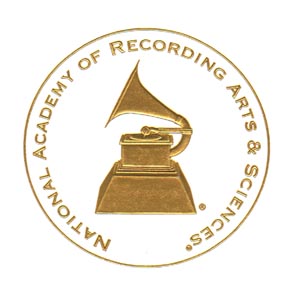

 Spotify provides a streaming music service to millions of users, and like any media platform is legally entitled to pick and choose which artists and content to carry and feature. In what is very likely a response to the #TimesUp and #MuteRKelly movements, Spotify’s recent decision has become the subject of debate by both artists and listeners.
Spotify provides a streaming music service to millions of users, and like any media platform is legally entitled to pick and choose which artists and content to carry and feature. In what is very likely a response to the #TimesUp and #MuteRKelly movements, Spotify’s recent decision has become the subject of debate by both artists and listeners.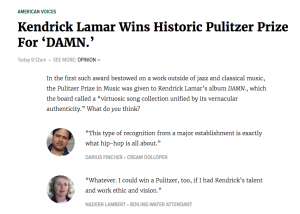
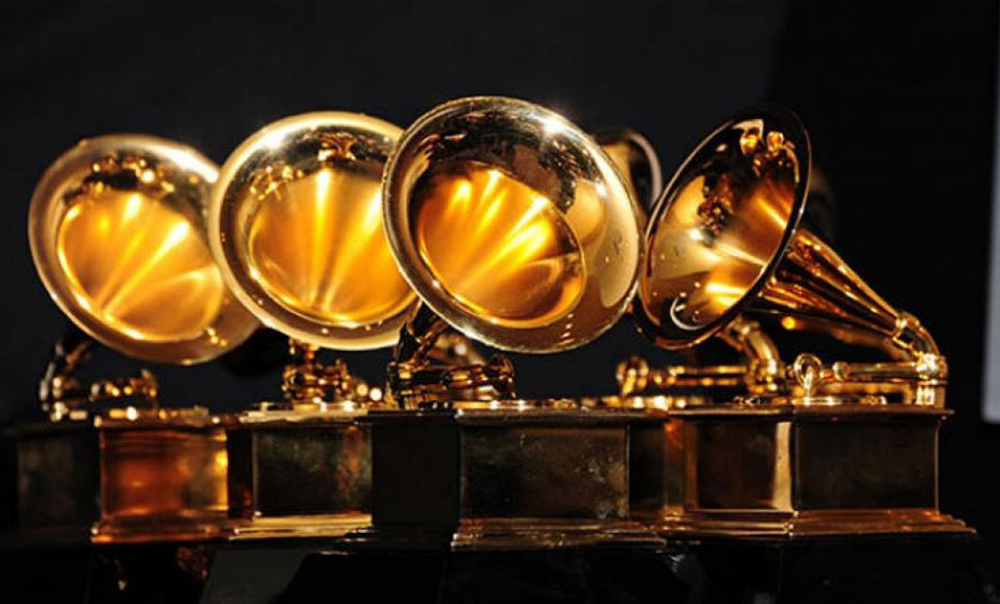 The 58th Grammy Awards show tomorrow night, Feb 15th, continues the awards show season that started with the Golden Globe Awards show broadcast on January 10th. Next up will be the movie industry’s gala, the 88th Academy Awards show, (aka, the Oscars), scheduled for February 28th. Two smaller awards programs, the iHeartRadio Music Awards show and the 51st Academy of Country Music Awards, will air in April. TV’s big night, the Emmy Awards, will air sometime in the fall season.
The 58th Grammy Awards show tomorrow night, Feb 15th, continues the awards show season that started with the Golden Globe Awards show broadcast on January 10th. Next up will be the movie industry’s gala, the 88th Academy Awards show, (aka, the Oscars), scheduled for February 28th. Two smaller awards programs, the iHeartRadio Music Awards show and the 51st Academy of Country Music Awards, will air in April. TV’s big night, the Emmy Awards, will air sometime in the fall season.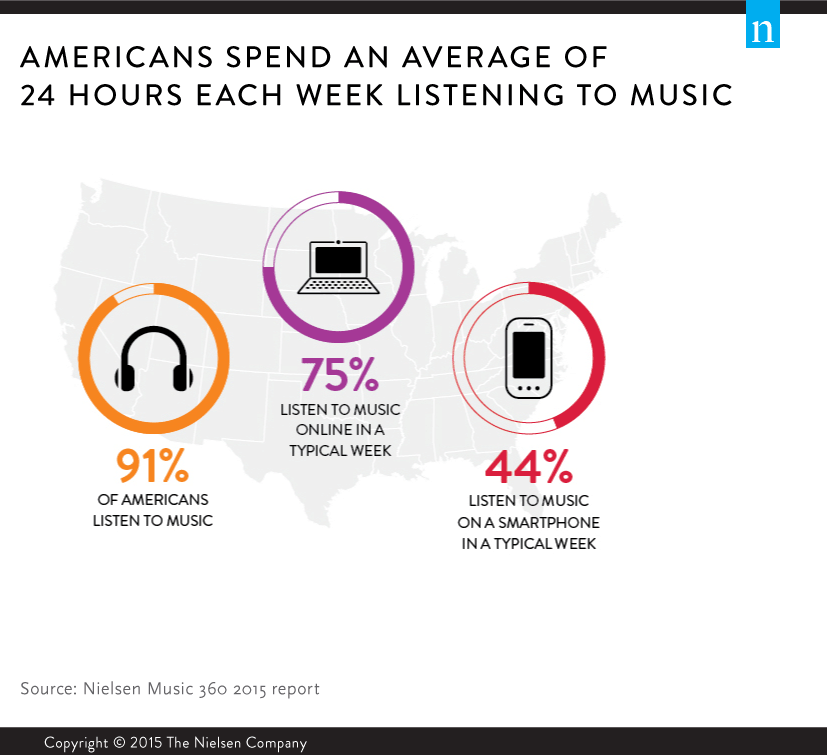 According to another report from Nielsen, “On average, U.S. consumers report spending $109 each year on music. So aside from albums, what other types of music options are consumers spending their money on? Surprisingly, live events are gaining momentum, as they now account for more than half of total music activity spending each year.”
According to another report from Nielsen, “On average, U.S. consumers report spending $109 each year on music. So aside from albums, what other types of music options are consumers spending their money on? Surprisingly, live events are gaining momentum, as they now account for more than half of total music activity spending each year.”